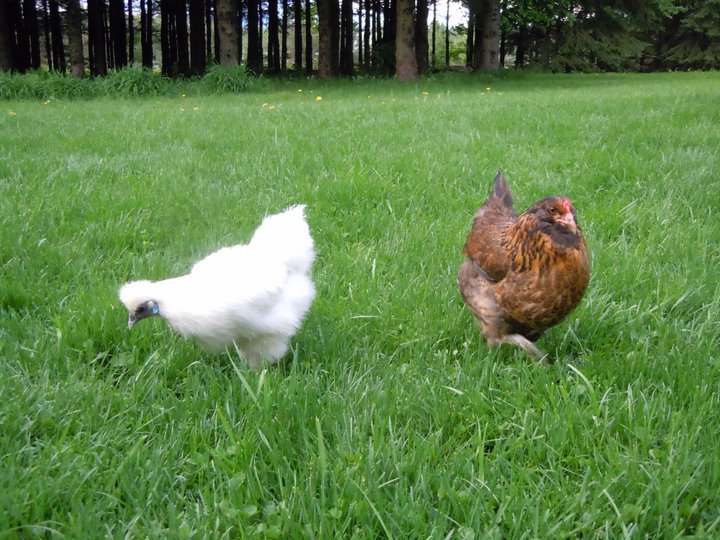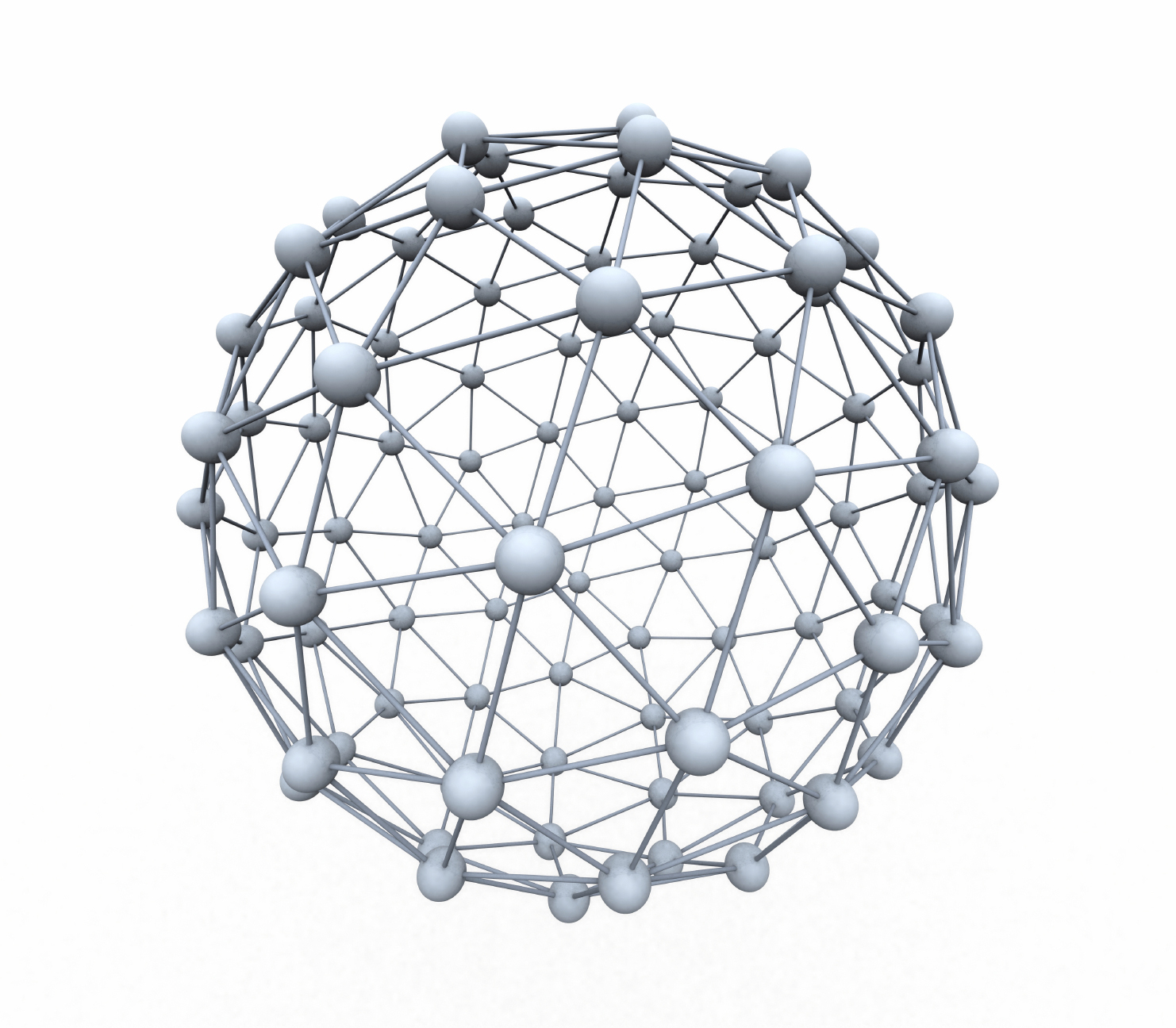
A nugget of Big Medicine every day. #59 The things we carry [with a nod of respect to Tim O’Brien].
This episode of The Positive Paramedic Project could have also been sub-titled ‘Knowing the deal doesn’t make it any easier’ and that’s where I’ll start our story.
“I received the call from my mother-in-law that there had been an accident at the sitter’s and that Josiah had choked. I rushed there, and as I walked in the paramedics were running the code on my son. The father in me went to hide in a safe place in my mind and the paramedic took over. At that point he had been down for at least 20 minutes with several Epis on board and he was in asystole. I knew the deal.
“I met my wife at the ER doors, and held her while the ER staff did all they could. I knew the deal. I waited in a small room with my wife and her family, waiting for the Doc to call it.”
I met John Levac a lifetime ago when he, along with his friends Ed and Terry, applied to CSL EMS. They were part of the new blood that rushed into the heart of The EMS House and, pardon the phrase, pumped life and a reinvigorated spirit into an organization looking for a second birthday of its own.
John was, quite frankly, a pain in the ass. However, he delivered a whole lot of good in between the regularly scheduled Levac moves that left hangovers in the form of requisite memos of explanation to my handlers at City Hall. He was, like the rest of the denizens of The EMS House, far-from-perfect and therefore perfectly-suited to be a member of a team striving to deliver quality care in a much-less-than-ideal emergency health service system.
He says there were a few calls in particular that helped ‘pave the road for a lot of the compassion I’d need down the road.’
“One of my most trying moments came when I was running the shelter at the Shar [synagogue] in Westmount during the Ice Storm. It was the middle of the night and one of the many seniors was kicking up a fuss. I could not understand him. He was speaking Yiddush. His wife explained to me that the trauma of being forced out of his house and into a shelter was taking its toll on him. He had Alzheimers and he thought he was back in the concentration camps.
“That’s when I learned that being in charge could sometimes be the worst gig in the whole world. I had to weigh the safety and comfort of the other inhabitants of the shelter versus this man’s needs. Ultimately I had to call the police and Urgences Sante [Montreal EMS] to have him transferred to a hospital. I don’t think I have ever felt smaller. I know it was the right decision, but it does not make me feel any better.”
When I read John’s note about that night in the shelter I was dumbfounded because, somehow, my own mind had graciously erased the trauma of that incident. I guess there was just too much sadness during the Ice Storm and my compassion bank account became overdrawn – and parts of it were lost. Until, of course, John inadvertently deposited a few more memories in the long dormant account.
John’s career in EMS ended after he moved out to Nova Scotia. He worked as a casual [on-call] medic and often worked 100+ hour weeks. He was fast-tracking toward burn-out but didn’t have time to read the sticky notes warning of imminent collapse on his bathroom mirror.
His days as a paramedic ended with a long-distance transfer call from Yarmouth to Halifax. The patient was in excruciating pain and the healthcare system had gone into its own perverse version of ‘this isn’t my table you’ll have to wait for your own server.’ The patient needed painkillers onboard but that would have required a paramedic with a higher level of training on the rig and that would have required too many authorizations to count. John tried to advocate for his patient to no avail. The healthcare system wasn’t in listening mode and definitely wasn’t in caring mode that night. With his patient suffering needlessly, John revisited that ‘helpless feeling’ he had been immersed in during the Ice Storm. He quit shortly thereafter.
Unable to be a bystander in life, John joined the local fire service 11 years ago and is the now the lead instructor and President of the department. Being a firefighter comes with its own risks and ghosts and John has picked up a few of those along the way.
“It was a MVA. Three teens had been traveling at a high rate of speed while drinking and lost control. The driver survived, the front seat passenger was ejected and killed. The boy in the backseat was deceased but entrapped. He had been walking home and caught a ride with them. The Grand Cherokee was all of three feet high after having rolled several times. I used the tools to extricate him from the back seat then assisted the coroner to put him in a body bag.
“Before we could do that we needed to try and identify him. The B-pillar [of the car] has pretty well removed his face so we relied on a tattoo that he had on his shoulder. I’ll never forget that moment. We were in the middle of a field under a star-filled sky with a flashlight beam our only light source. I listened as the RCMP officer woke some poor woman to ask her if she knew where so was. The answer was “No.” “Does your son have a tattoo?” “No.” “Thank you, good night.” I could not fathom the fear and pain she must have felt. We zipped him up and loaded him into the van. He stuck with me for quite a while.”
John gives all credit to his faith for seeing him through extraordinarily difficult times. “People will often say God is testing you and I never really understood that until I lost my son. It was only then that I realized that God does not need to test you. He is timeless and he already knows the answer. What I had discovered was that he was not testing me. He was molding me, preparing me for that very moment. I had always though that losing a child would destroy me, but God had fashioned and formed me through trauma so that I could deal with this with his help.”
It has been several years since Josiah’s death. John and his wife have since had another child, a lovely girl named Jordyn. And, of course, Jonah their first-born is still bringing smiles and laughter to the household.
John says the things we carry have taught him some very important lessons in life.
“Life is short. Hug your wife and kids or whomever you love. At the end of the day it is the things we carry with us every single day that matter most. Open your wallet, Hal, and I’m sure you’ll find Di and the girls there.”
When he’s training young rookie firefighters, John tells them, “You didn’t create the situation. Do your best. Go home to the things you carry in your wallet and love them.”
With all your might.
Be well. Practice big medicine.
Hal



